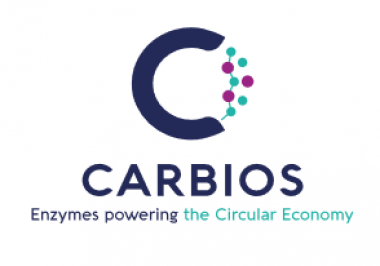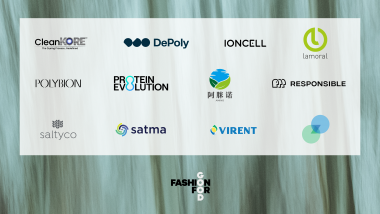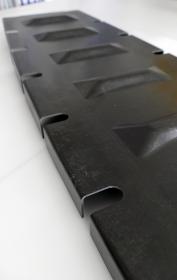Hohenstein zertifiziert Fanartikel des 1. FC Köln
Hohenstein zertifiziert im März 2023 mehrere Fanartikel des 1. FC Köln mit dem OEKO-TEX® MADE IN GREEN-Label. Das rückverfolgbare Produktlabel für schadstoffgeprüfte Textilien bestätigt dem Verbraucher, dass das Kleidungsstück unter nachhaltigen und sozialverträglichen Bedingungen hergestellt wurde.
Der 1. FC Köln ist der neueste Zugang aus der Fußball-Bundesliga für Hohenstein, der Artikel aus seinem Fanshop in Zusammenarbeit mit der MBA-Solutions GmbH, Spezialist für nachhaltige textile Merchandise-Artikel und Arbeitskleidung, zertifizieren lässt. Dazu gehören T-Shirts mit Frontbedruckung oder -bestickung sowie Hoodies. Im Frühjahr 2023 sollen weitere FC-Fantextilien folgen.
Der Verein setzt sich unter anderem für aktiven Umweltschutz innerhalb und außerhalb des Vereins ein. Alle Merchandising-Artikel des FC entsprechen mindestens den geltenden Rechtsnormen. Das vereinseigene neue Label „Grüner Hennes“ zeigt an, welche Artikel Nachhaltigkeitskriterien erfüllen, die über gesetzliche Anforderungen hinausgehen. So auch die vom neutralen Dienstleister Hohenstein geprüften Artikel mit OEKO-TEX® MADE IN GREEN-Siegel.
Hohenstein






























